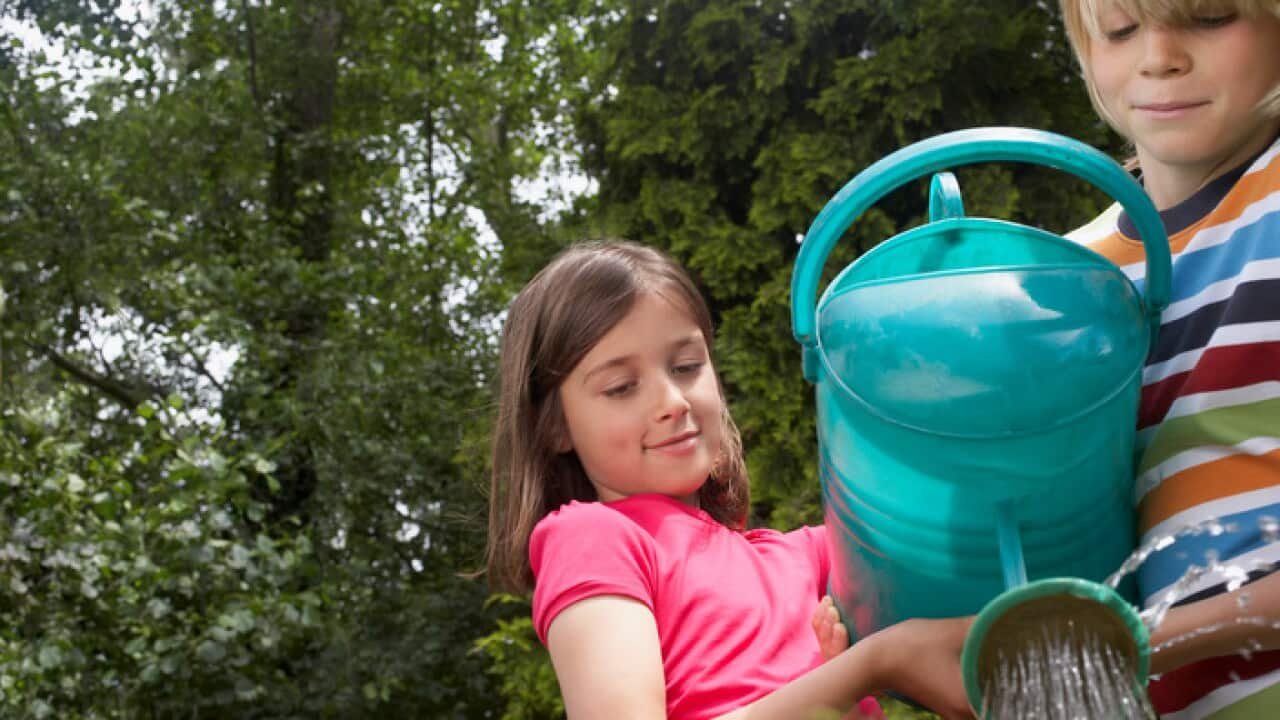Australia would be made a more gender fair nation if parents assigned chores to children equally and schools ran more excursions aimed at developing students' self-confidence.
That is the finding of a University of Queensland study that surveyed self-confidence levels among 10,000 12 to 17-year old at single-sex schools across South East Queensland.
Co-author of The Hands Up for Gender Equality study, Doctor Terry Fitzsimmons, says researchers wanted to explore why so few women were CEOs in Australia.
Numerous studies show girls' confidence levels fall below boys' as early as the age of nine, and that gap does not close until they are about 80.
But this study found no significant differences in self-confidence between girls and boys at single-sex schools.
Doctor Fitzsimmons says similar studies at co-ed schools have found gender attitudes that reflect what is happening in the workplace.
He says subliminal attitudes around what girls can and cannot do are more of an issue in co-ed schools in areas such as subject choice and sport.
"We have identified that team sports were the biggest contributor to self-efficacy development. But it is well known that girls opt out of sport in adolescence way more than boys do. And that is certainly not something we found in the single sex schools," Doctor Fitzsimmons says.
Parramatta Women's Grade Cricket Club in Western Sydney plays association cricket.
It is traditionally a game played by boys.
Kesley Myers is an all-rounder in the team.
She says it was initially daunting playing against the boys.
But she says her confidence levels have increased since playing side by side with the boys.
"Definitely it has helped knowing that you have been playing against stronger boys I guess. And knowing that you are the same age as them and you are capable of doing that it is really empowering," Kesley Myers says.
The study also found significant differences between the types of chores undertaken by boys and girls, with boys more likely to engage in outdoor chores compared to girls and also more likely to get extra pocket money for doing so.
It recommends along with ensuring equity in the activities and chores girls participate in, parents and caregivers should also ensure they talk to their children about the stereotypes they see in the media to actively try to dis-confirm these.




